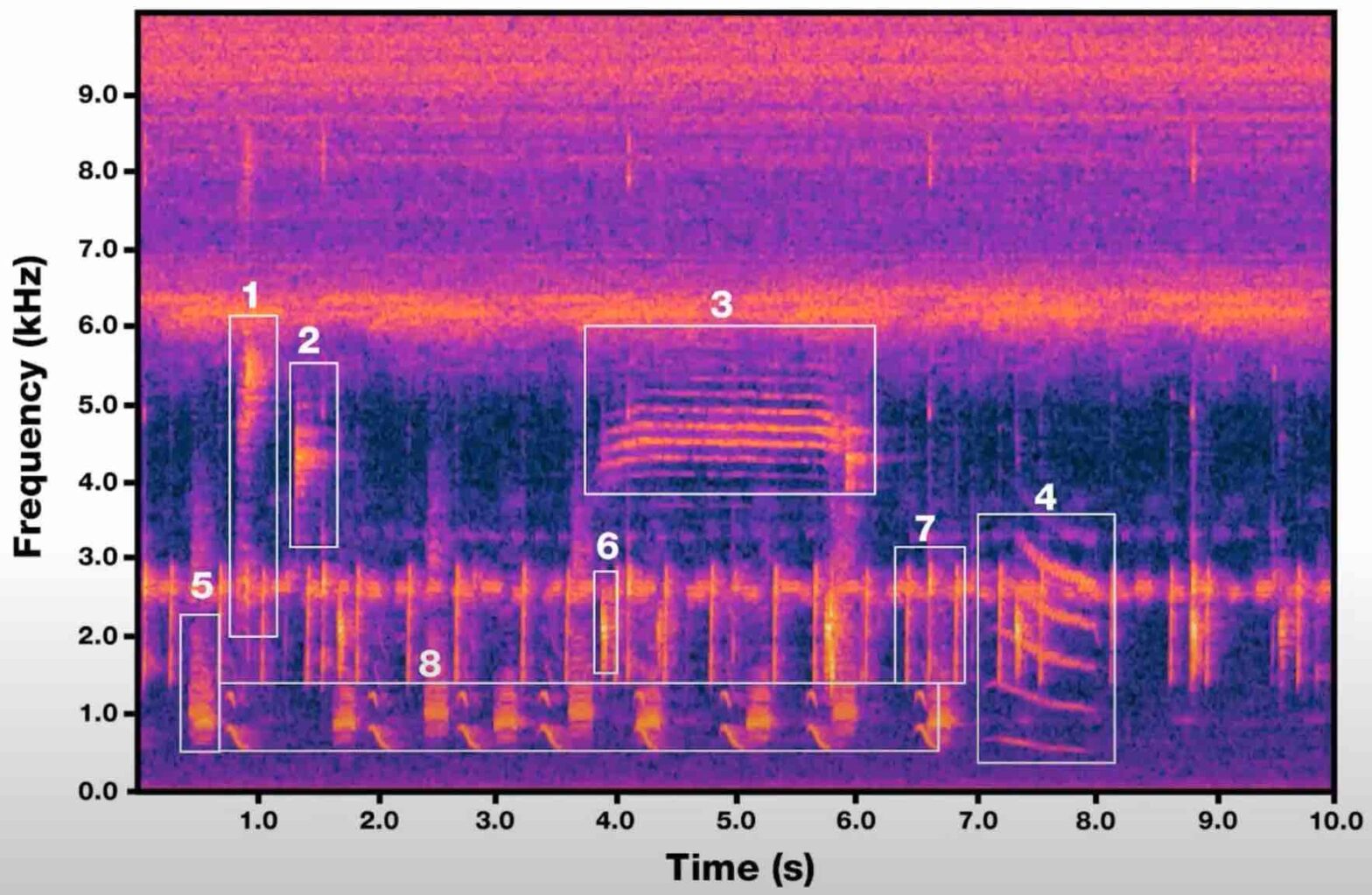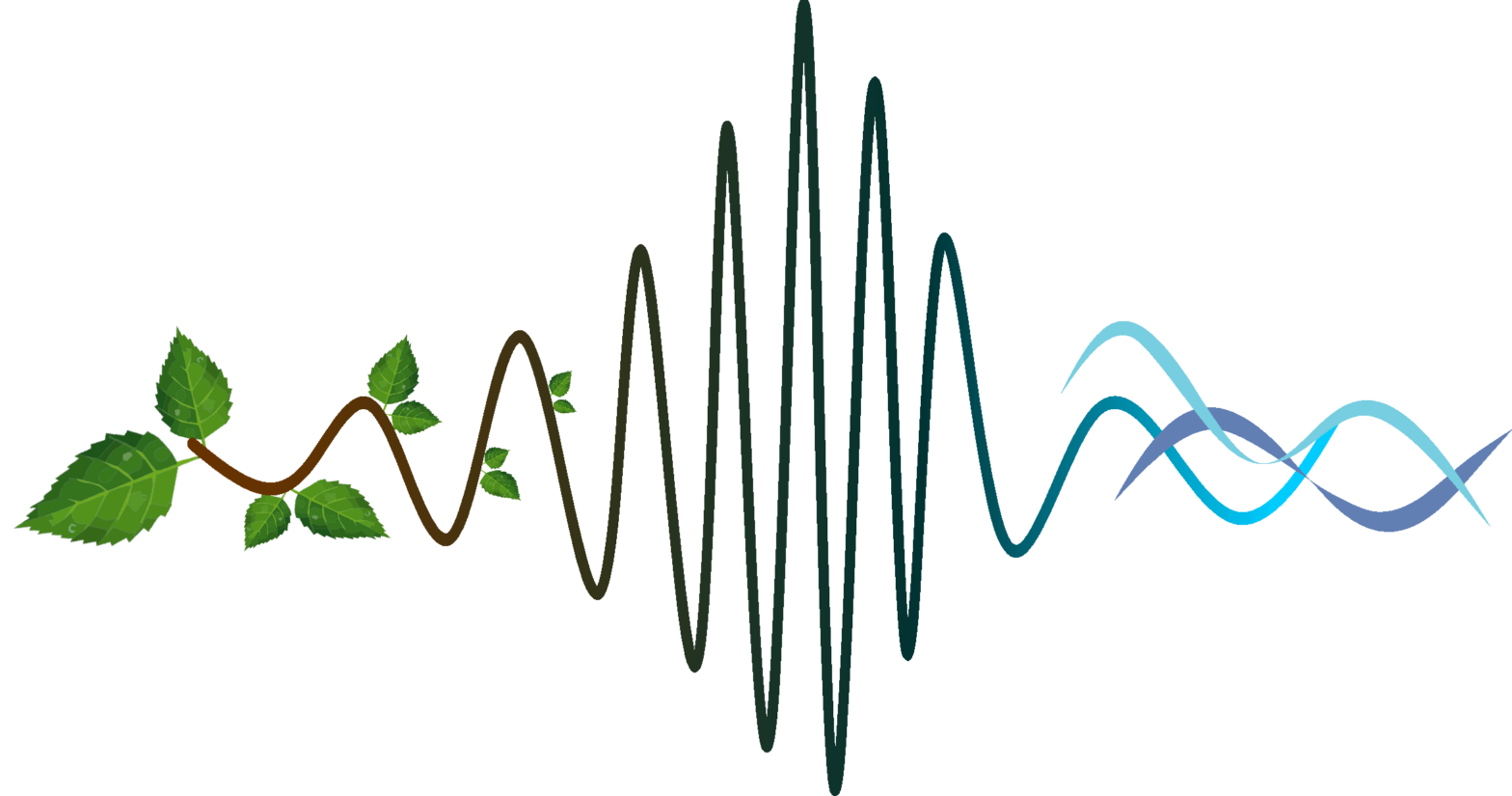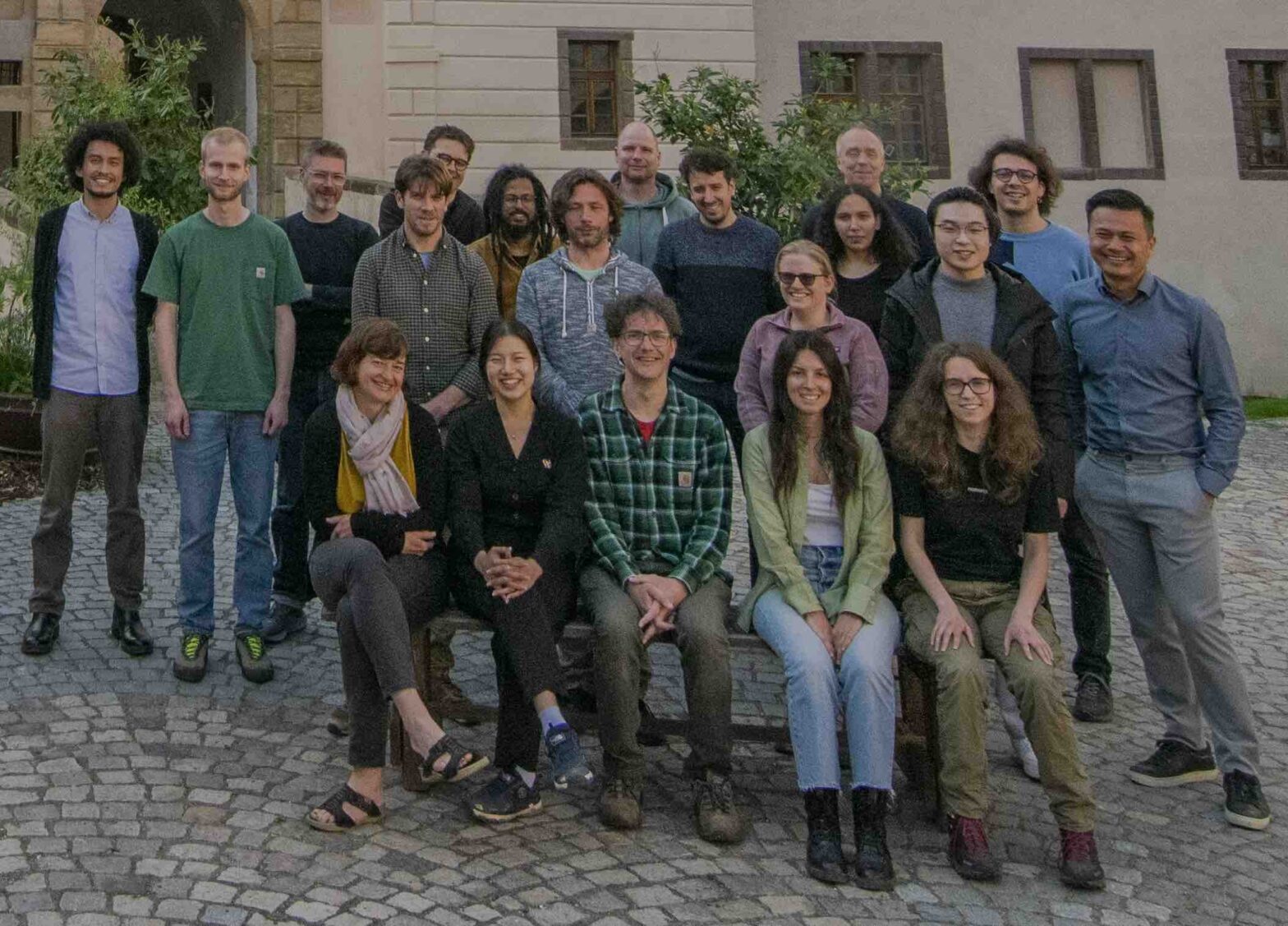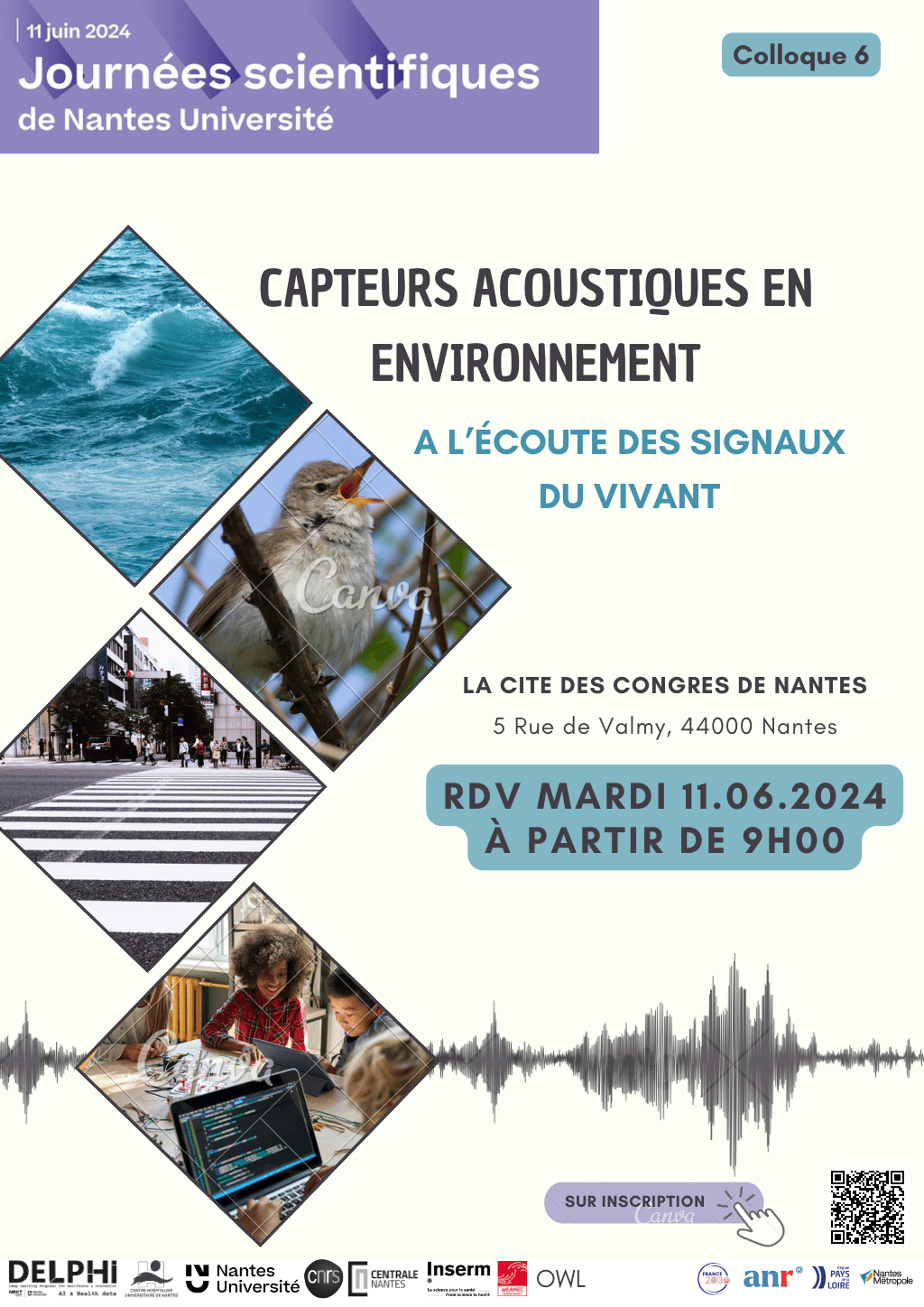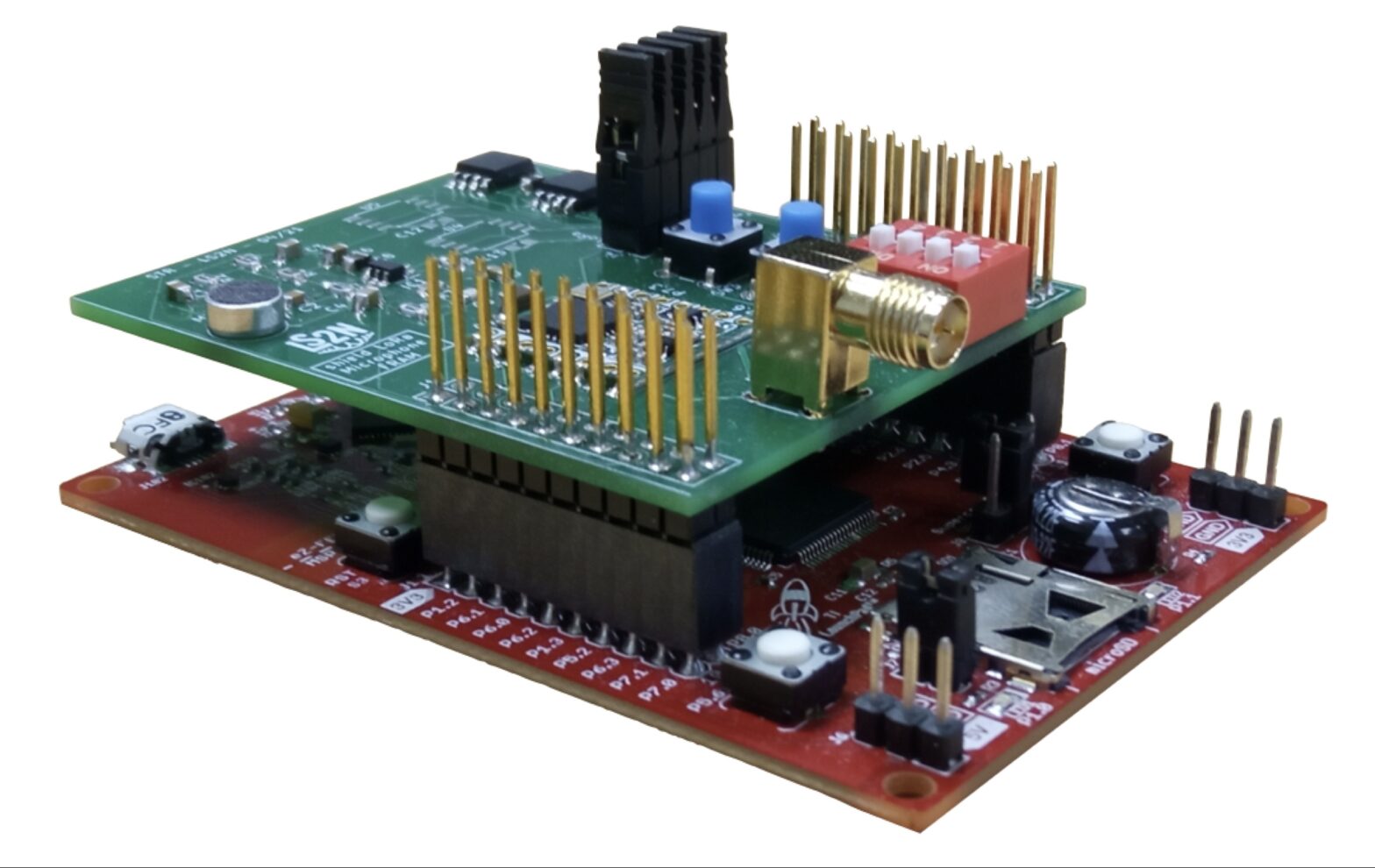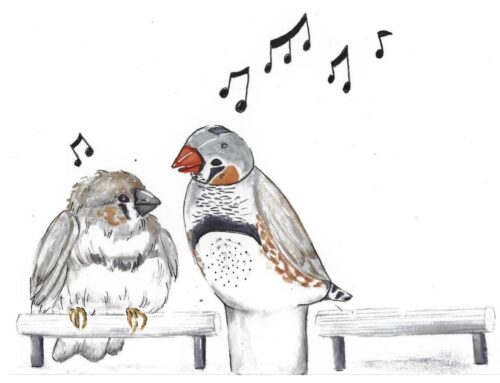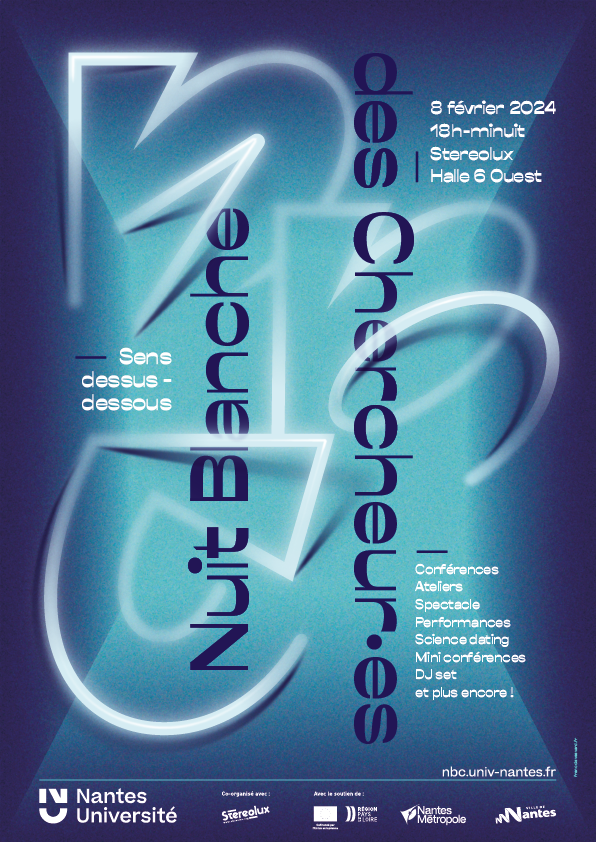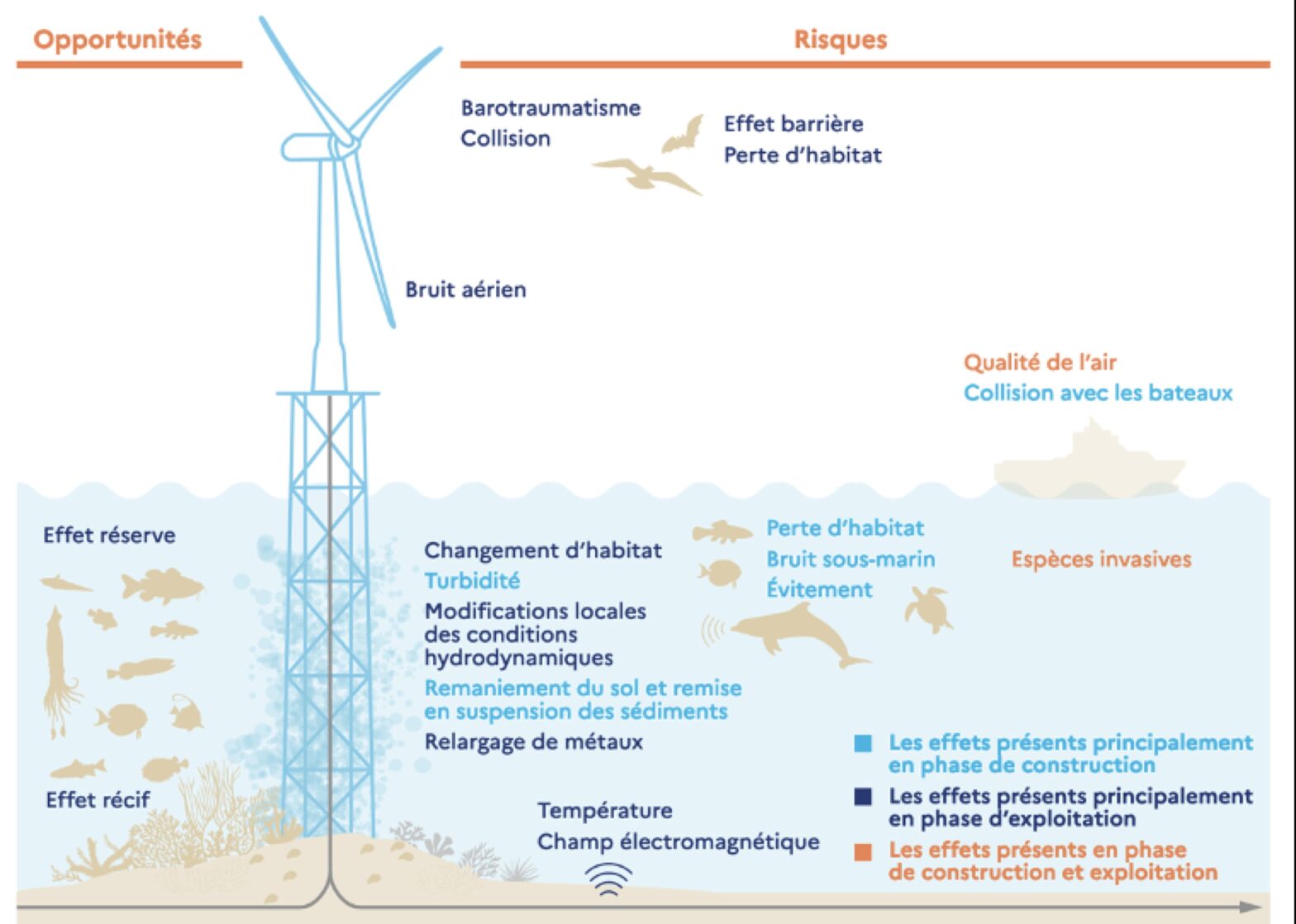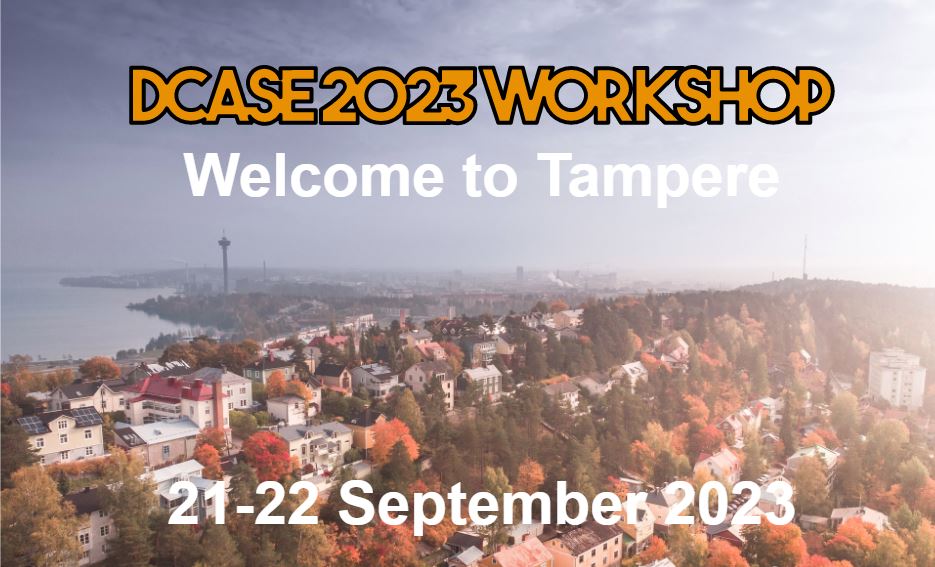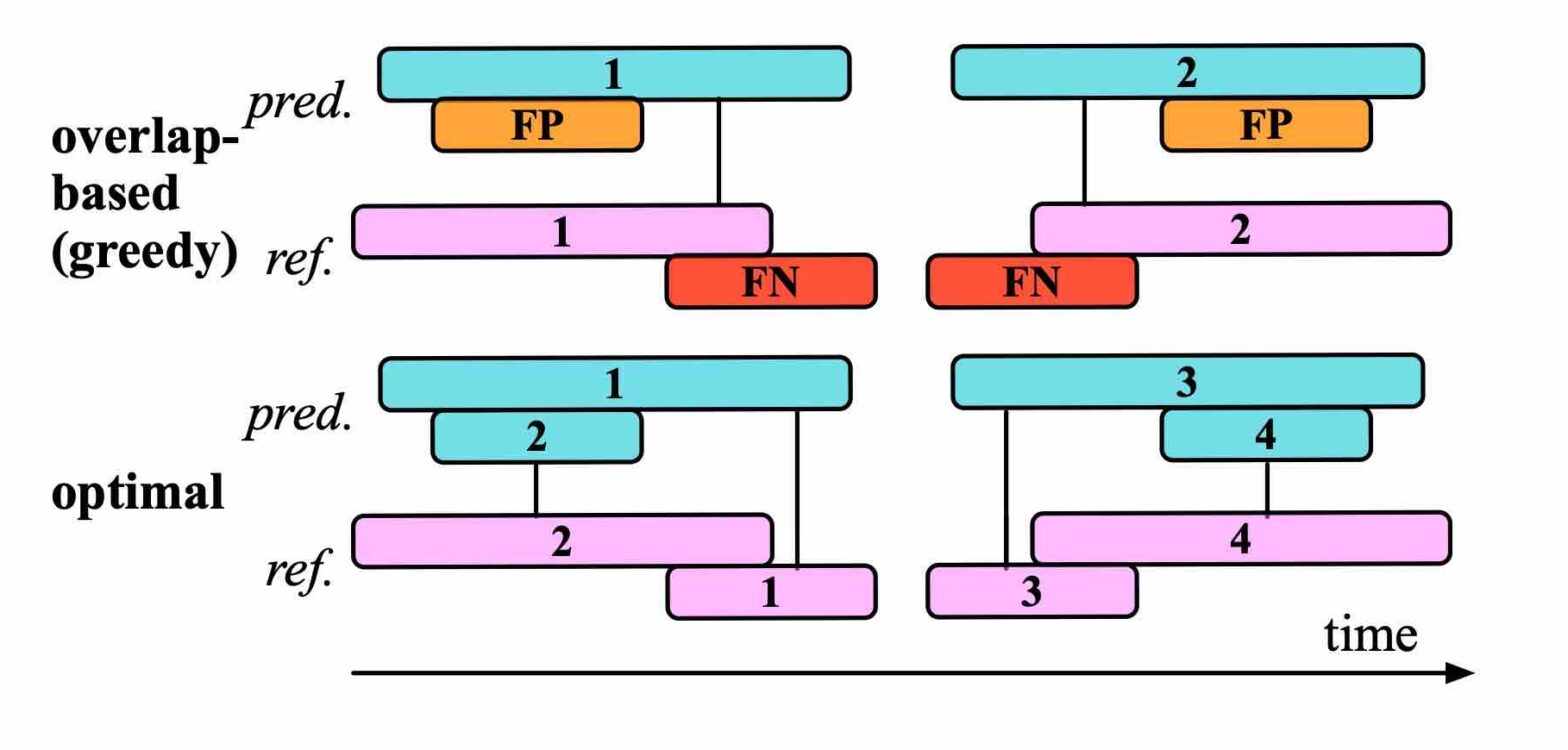Multi-label imbalanced classification poses a significant challenge in machine learning, particularly evident in bioacoustics where animal sounds often co-occur, and certain sounds are much less frequent than others. This paper focuses on the specific case of classifying anuran species sounds using the dataset AnuraSet, that contains both class imbalance and multi-label examples. To address these challenges, we introduce Mixture of Mixups (Mix2), a framework that leverages mixing regularization methods Mixup, Manifold Mixup, and MultiMix. Experimental results show that these methods, individually, may lead to suboptimal results; however, when applied randomly, with one selected at each training iteration, they prove effective in addressing the mentioned challenges, particularly for rare classes with few occurrences. Further analysis reveals that the model trained using Mix2 is also proficient in classifying sounds across various levels of class co-occurrences.
Tag: bioacoustics
Machine listening symposium at World Ecoacoustics Congress
The 10th edition of the World Ecoacoustics Congress was held in Madrid between July 8th and July 12th. In this context, Juan Sebastián Ulloa and myslef have co-organized a special 3-hour symposium titled “Machine listening meets passive acoustic monitoring”. This event is supported by CAPTEO and PETREL projects.
BioacAI doctoral network workshop in Czech Republic
From May 6th to May 10th, 2024, PhD student Yasmine Benhamadi and CNRS scientist Vincent Lostanlen have attended the first internal workshop of the BioacAI doctoral network. The Czech University of Life Sciences in Prague hosted the event in its University Forest Establishment, an ancient castle in the town of Kostelec nad Černými lesy.
11 juin 2024 : colloque “Capteurs acoustiques en environnement” à Nantes
Le son, en tant que vecteur d’information, est une aubaine pour les sciences naturelles. À l’heure des smartphones et de l’Internet des objets, il devient possible de décrire dans le détail les propriétés acoustiques d’un environnement, que celui-ci soit naturel ou industrialisé. Des algorithmes d’intelligence artificielle (IA) sont alors requis pour traiter automatiquement les données massives ainsi collectées et interagir utilement avec l’humain. Mais en pratique, un tel programme de recherche soulève des problèmes de fiabilité, de durabilité, de sécurité informatique et de mesure de l’incertitude.
PhD offer: Machine learning on solar-powered environmental sensors
Many biological and geophysical phenomena follow a near-periodic day-night cycle, known as circadian rhythm. When designing AI-enabled autonomous sensors for environmental modeling, this circadian rhythm poses both a challenge and an opportunity.
PhD offer: Developmental robotics of birdsong
The Neurocybernetic team of ETIS Lab (CNRS, CY Cergy-Paris University, ENSEA) is seeking applicants for a fully funded PhD place providing an exciting opportunity to pursue a postgraduate research in the fields of bio/neuro-inspired robotics, ethology, neuroscience.Webpage: https://www.etis-lab.fr/neuro/ This PhD is funded by the French ANR, under the 4 years’ project “Nirvana” on sensorimotor integration of… Continue reading PhD offer: Developmental robotics of birdsong
8 février 2024 : “Les sens artificiels” au Stereolux
Le jeudi 8 février 2024 à 18h30 au Stereolux, dans le cadre de la Nuit blanche des chercheur-e-s de Nantes université.
L’intelligence artificielle (IA) révolutionne notre compréhension du vivant en utilisant les sens humains. Elle permet une analyse poussée de la parole, des signaux sonores et de la bioacoustique. En médecine, les sens peuvent être reproduits pour améliorer les diagnostics. Dans la nature, les sens peuvent être simulés pour améliorer la compréhension du vivant. Au cours de cette session animée par des expert·es renommé·es, explorez les avancées de l’IA pour la santé et le vivant du futur.
Wébinaire WEAMEC “Environnement et EMR”
Dans le cadre des projets CAPTEO et PETREL, Vincent Lostanlen participe à un webinaire WEAMEC afin de présenter l’état de l’art en écoconception de capteur bioacoustique avec IA embarquée pour le suivi environnemental des énergies marines renouvelables.
Mathieu, Vincent, and Modan present at DCASE
Our group has presented two challenge tasks and two papers at the international workshop on Detection and Classification of Acoustic Scenes and Events (DCASE), held in Tampere (Finland) in September 2023.
Efficient Evaluation Algorithms for Sound Event Detection @ DCASE
Our article presents an algorithm for pairwise intersection of intervals by performing binary search within sorted onset and offset times. Computational benchmarks on the BirdVox-full-night dataset confirms that our algorithm is significantly faster than exhaustive search. Moreover, we explain how to use this list of intersecting prediction-reference pairs for the purpose of SED evaluation.
